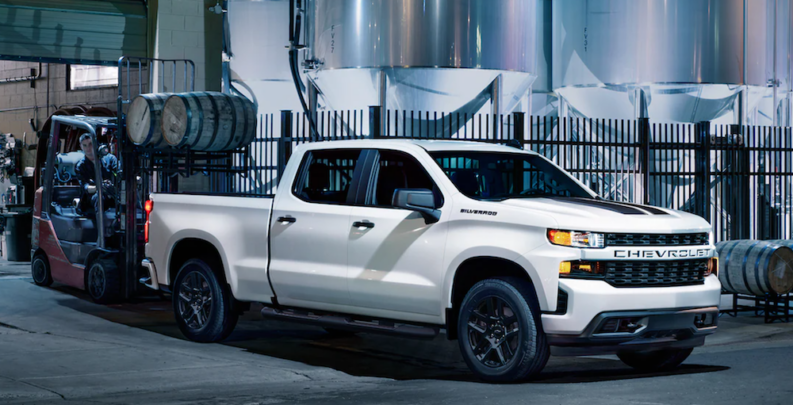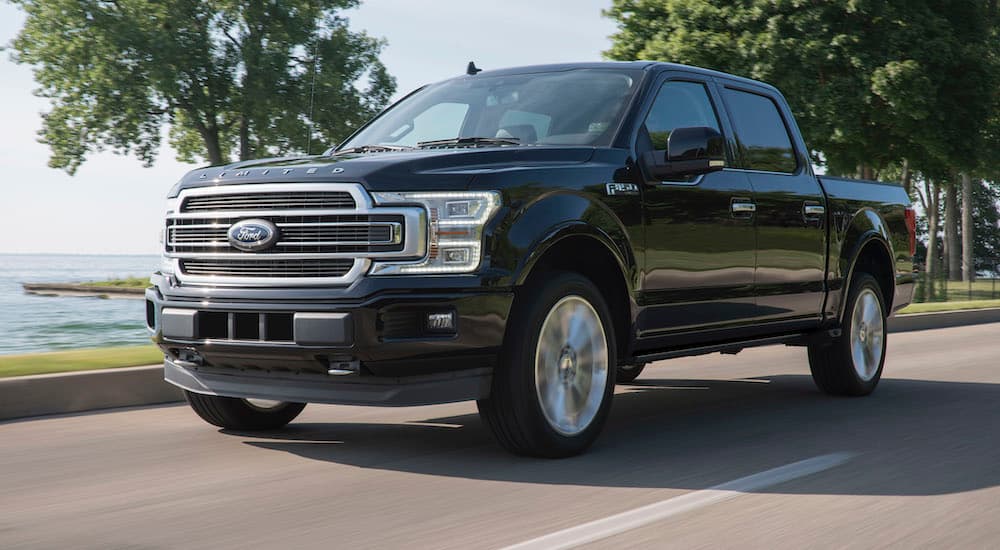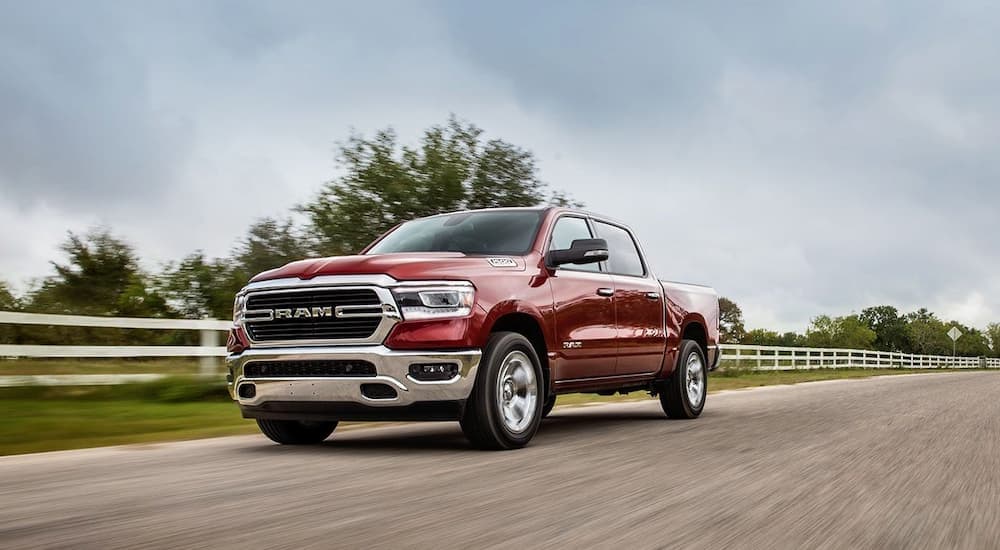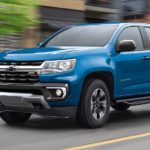Every year, millions of Americans begin the arduous task of shopping for a used vehicle. With more makes and models on the marketplace than ever before, narrowing down the options and finding one that perfectly adheres to your immediate needs and situation can be comparable to finding the needle in the proverbial haystack. This can be particularly true for consumers who are looking for a used truck. Not that finding used trucks for sale is difficult, far from it; there is usually an abundance of available options, whether you are looking at the offerings from a dealership or the items that a private seller is selling. Today, we are presenting a guide to things you should keep an eye out for when you are going through the shopping experience.
What You Want and What You Need
One of the first things you should do before you look at any make or model is do some research. Before you undertake this, some self-evaluation might be in order. We refer to this as “what you want and what you need.” Think of what you might want in a truck, and also think of what is an absolute necessity. For instance, necessary attributes include such items as reliability, cost-effectiveness, and what your needs for a truck might be. Think of such items as transportation and occupational obligations. Do you need a car for your job? Will you use it strictly as a work vehicle or as your sole method of getting from point A to point B? When it comes to what you want, such as a high-performance engine or off-roading capability, think of what is attainable on your budget and if you have the means to insure and repair it.
Evaluating Cost
Now that you have an idea of what you are looking for in a used truck, it is time to examine the cost. Your first step should be formulating a budget. Set aside a predetermined amount of how much you are willing to spend. Not deviating from this amount will ensure that you select something agreeable to your financial situation. Next, it is time for some more research. Luckily, with the amount of information available at your disposal, this can be easily obtained and utilized to your advantage.
1) Depreciation
All vehicles are subject to the process of depreciation. This begins from the moment they are first sold and continues each and every year. This process is a non-linear one, and each vehicle is different. Publications such as KBB (Kelley Blue Book) list the values of most makes and models, which can allow you to gauge the price range.
2) Insurance & Repairs
Aside from the up-front cost you will be paying at the point of purchase, plenty of other unavoidable expenses with owning any vehicle are inevitable. These take the form of annual repair costs and insurance premiums. When it comes to getting a decent insurance rate, there are plenty of variables that determine the price, and shopping around different providers is a great way to get the rate you want. Your age, driving record, credit history, and what you are using your vehicle for all play a major role. Having routine repairs done at regular intervals is how you prolong the life of your car. There are plenty of resources online, such as Repairguru and Carriage, which give a breakdown of estimated costs and significant repair probability for each different make and model. While this will differ between each vehicle, another good source to consult is Consumer Reports, which evaluates each car.
3) Fuel Costs
This is another cost you can not avoid. While fuel economy varies on how you drive and the quality of the gasoline you use, the EPA has a detailed breakdown that will not evaluate MPG but inform you of how much you will be spending on average in the course of five years.
4) Sales Tax
This is one item that many consumers overlook when they purchase any vehicle, whether it is new or used. You will be paying sales tax and license fees, which vary depending on your state. It is generally a good idea to set some money aside for this cost when formulating your budget.
Asking the Right Questions
Now that we have gone over some of the items you should evaluate and research before your search, it is time to look for the ideal vehicle for you. Whether you decide to buy your truck from a private seller or a dealership–it is important that you ask the right questions before, during, and after you take that all-important test drive.
Ask to See the History
In today’s world of accessible information, you have every right to know the history of any vehicle you are considering purchasing in the form of a CARFAX report. This will detail how many owners have had possession of the car, how many accidents have occurred, and a list of major repairs that have been implemented. Remember–it is your right as a consumer to know the history of anything you are thinking of purchasing.
Ask for a Pre-Purchase Inspection
This is another item that is within your rights as a consumer. Today’s vehicles are more complex and intricate than they were in previous years. Just because there is not a problem with one that is noticeable does not mean that one does not exist. Before you consider buying any vehicle, having a mechanic thoroughly inspect a vehicle and ensure that everything is running and in ideal condition can provide you with the peace of mind of knowing that you are making a good purchase.
Ask for Repair History
All vehicles require repairs at regular intervals to ensure their stability. If you are buying from a private seller, ask about the repair history, and if possible, ask for any receipts or invoices from previous repairs. Some states require this before a sale, and it is reassurance that the last owner of the vehicle took proper care of their property.
Other Items to Keep an Eye On
Before you take that test drive, take a good look at the exterior and interior of the vehicle. Discoloration in the paint might be an area that was damaged in a collision and was haphazardly painted over to disguise any damages. This is also something you should do to the interior as well; discoloration can be an indication of an interior leak from the HCAV unit. When you take that first test drive, try to resist the urge to turn the stereo on. Put your ear to work and listen for any potential noises that might occur, and also pay attention to how the vehicle feels when you take corners and apply pressure to the brakes. These might indicate a problem with the car.
Buying a Used Truck Should Be a Rewarding Experience
While there are many items to consider when shopping for a used truck, it is important to remember that knowledge is power. With the number of resources you have at your disposal, you have a first line of defense when it comes to making the ideal purchase. Trust your judgment when you are out there shopping, and remember that as a member of the vehicle-buying public, you have rights that are in place to protect your best interests.






